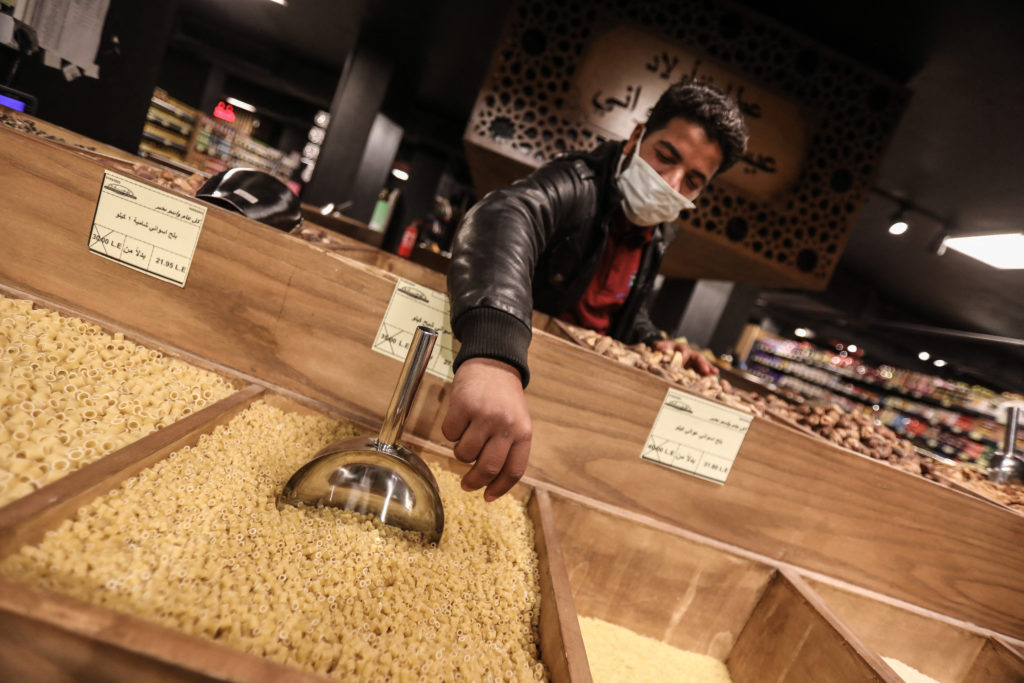Cairo – Egypt’s food industry has felt threatened by the raw material shortage and the difficulties regarding the granting of credit letters for importing supplies required for production. This has started after the segment managed to remain solid through the hard challenges of the last two years, like the COVID-19 pandemic.
Over that period, the Egyptian market remained stable, with product prices rising only relatively to increasing production costs. Food industry exports from Egypt climbed remarkably in the last two years, proving its capacity to cater to both local and international market.

A member of the Chamber of Food Industries of the Federation of Egyptian Chambers and chairman of the company Sima Food Industries, Ahmed El Fendi, said that the Chamber has sent a statement to the Council of Ministers of Egypt for it to take action for opening letters of credit as soon as possible. According to him, the council said it will analyze the document and respond soon.
According to Fendi, they worry that the food industry supply reserves run out, halting production. The businessman explains that the lack of liberation of letters of credit causes a market crisis and shortage of raw materials required for production, as well as fears that the companies out of stock.
He estimates there is a gap between supply and demand and that the supply will be hampered within months if letters of credit are not granted. Fendi argues that imports should be facilitated so that companies can maintain their productive capacity. According to him, the current year has seen an unprecedented decline in demand due to inflation and falling consumer purchasing power.
Fendi says that the nature of the Egyptian consumer makes it difficult to forecast the sales volume during Eid. The holiday marks the end of the month-long dawn-to-sunset fasting of Ramadan, the Islamic holy month. During Eids, people prepare sumptuous meals for family and friends.

Chamber of Food Industries executive director Mahmoud El-Bassiouni said that the Egyptian market is now experiencing a shortage of raw materials needed for production, food addictives and packaging materials. He attributes this to the suspension of letters of credit, increasing international freight costs, and depleting stocks.
As Fendi, he also believes that the issue of letters of credit can lead to the suspension of operation of factories due to the lack of production supplies. Bassiouni defends the need of making raw materials available as soon as possible to keep the productive cycle running and cause no further impact on the local economy.
He believes that a continued raw material shortage will result in supply shortage, a gap between supply and demand, and an unnecessary destabilization of the market. The executive director calls for the Egyptian Central Bank to open letters of credit to buy raw materials, taking into account the low stocks of industries. He believes that the problem will soon cause an impact on food supply, and chaos could take over the market during the period of Ramadan and Eid, sales periods that are important for companies.
Translated by Guilherme Miranda and Ahmed El Nagari




